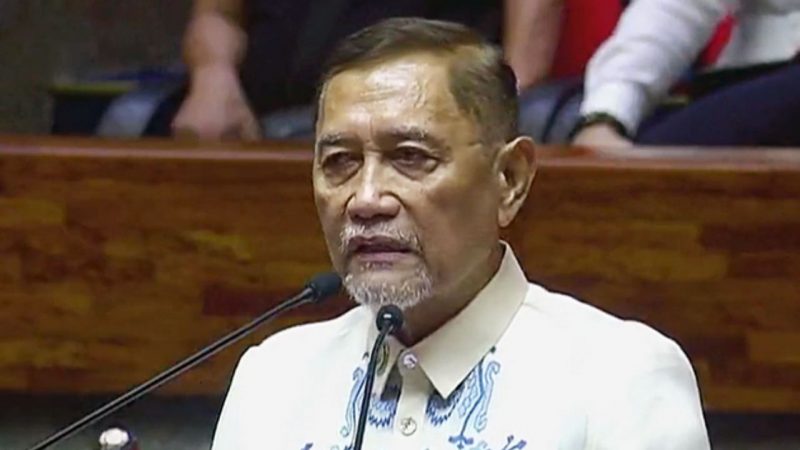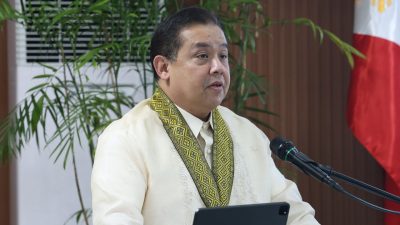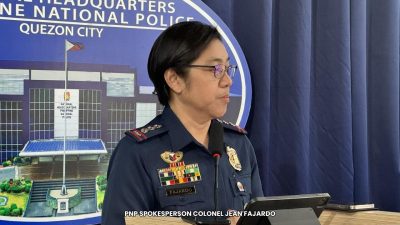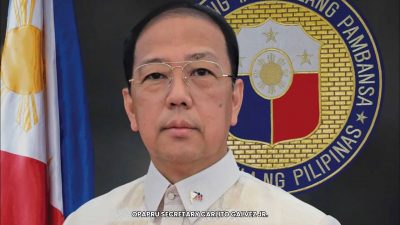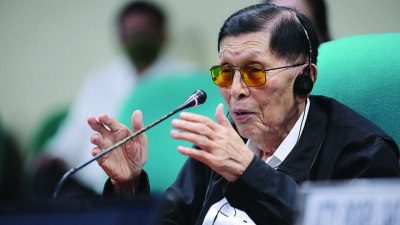By Junex Doronio
MANILA – House Quad Committee co-chair Rep. Bienvenido “Benny” Abante Jr. on Monday (28 Oct 2024), called on the Department of Justice (DOJ) and the Office of the Ombudsman (OMB) to consider filing appropriate charges against former President Rodrigo Roa Duterte following his recent admission of responsibility for killings connected to his administration’s war on drugs.
At the Senate, Duterte stated in his opening remarks that he alone takes “full legal responsibility” for the “successes and shortcomings” of the drug war. “Sa lahat ng nagawa ng pulis pursuant to my order, ako ang managot at makulong,” he said.
Abante, who also chairs the House Committee on Human Rights, emphasized that Duterte’s testimony could open the door to investigations by the DOJ and OMB. “The House Quad Comm has already unearthed evidence and testimony supporting allegations that some victims of the drug war were innocent, na sila ay biktima ng isang kampanya na binigay ng basbas ng Malacañang,” said Abante.
“We have testimony showing that directives and incentives led to innocent lives being lost. If the former president claims responsibility for these acts, he should be held accountable,” Abante asserted.
He added that Duterte’s admission could have implications both in Philippine and international courts, including the International Criminal Court (ICC).
“While he was President, he was shielded by political considerations. But now, his admission might provide enough basis for both Philippine and ICC prosecutors to hold him accountable,” Abante explained.
The ICC, which had launched a preliminary examination of the anti-drug campaign, could interpret Duterte’s statements as endorsing systematic actions against alleged drug offenders—a potential crime against humanity.
Though the Philippines withdrew from the Rome Statute in 2019, Abante noted that the ICC retains jurisdiction over incidents before this date, covering much of Duterte’s term.
“PRRD’s admission should be taken seriously by Philippine authorities and the international community. This is a critical moment to reaffirm our commitment to human rights, justice, and the rule of law,” Abante emphasized.
He concluded, “The legal basis is there. We owe it to the victims and the Filipino people to pursue justice without fear or favor.”
ia/mnm

